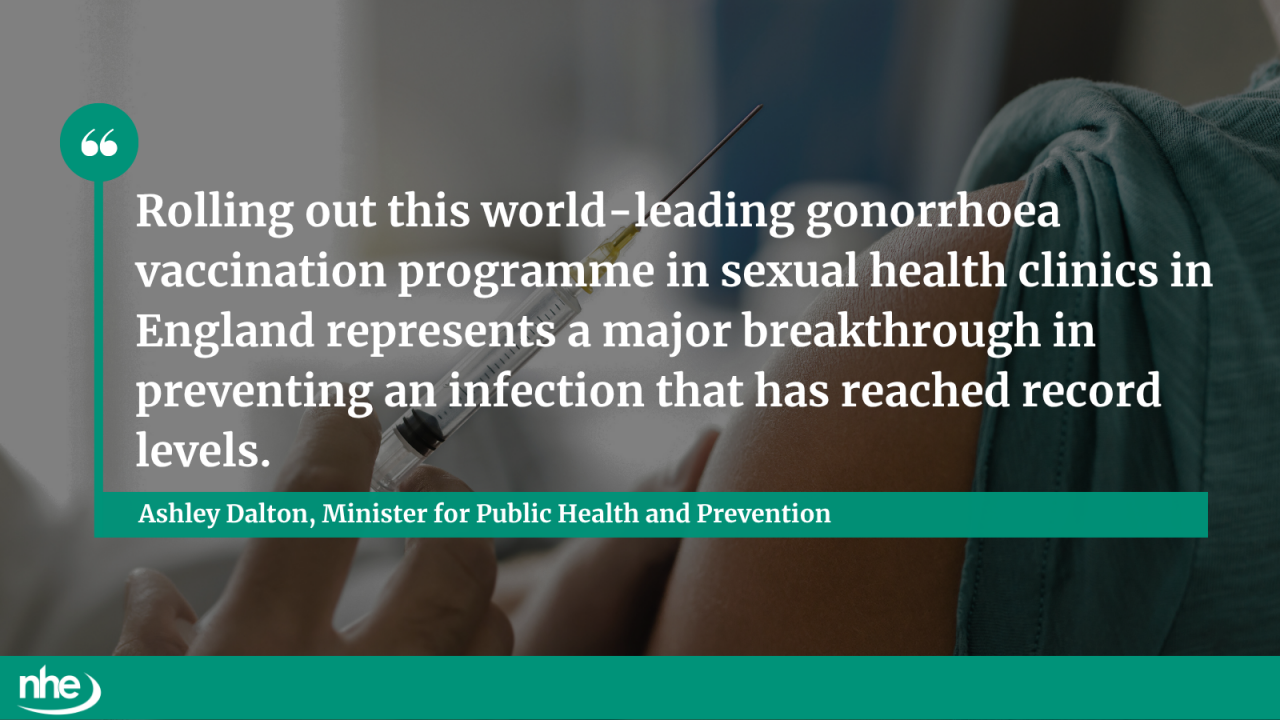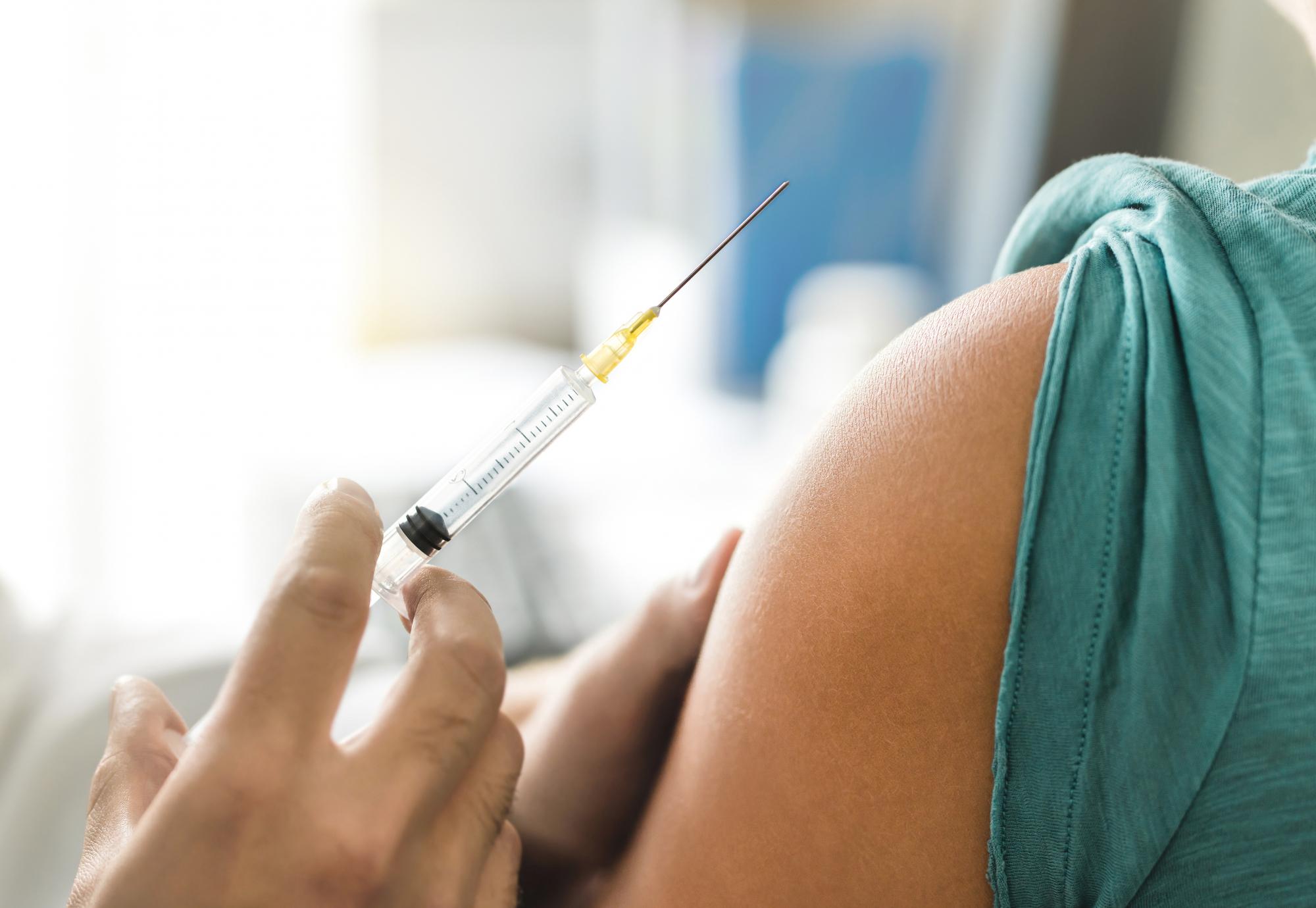In a global first, the NHS and local authorities in England have begun rolling out a free gonorrhoea vaccination programme aimed at protecting those most vulnerable to the sexually transmitted infection.
Starting today, sexual health clinics across England will offer the 4CMenB vaccine to eligible patients, including gay and bisexual men with a recent history of multiple sexual partners and a bacterial STI in the past 12 months.
The vaccine is expected to prevent up to 100,000 cases of gonorrhoea and save the NHS more than £7.9 million over the next decade. It also plays a vital role in tackling antibiotic-resistant strains of the disease, which have become increasingly prevalent.
The programme comes as gonorrhoea diagnoses reach historic highs. In 2023, England recorded 85,000 cases — nearly three times the number reported in 2012. The rollout is part of the government’s Plan for Change, which shifts the NHS focus from sickness to prevention.
Ashley Dalton, Minister for Public Health and Prevention:
“Rolling out this world-leading gonorrhoea vaccination programme in sexual health clinics in England represents a major breakthrough in preventing an infection that has reached record levels.
“This government’s world-first vaccination programme will help turn the tide on infections, as well as tackling head-on the growing threat of antibiotic resistance.
“I strongly encourage anyone who is eligible to come forward for vaccination, to protect not only yourselves but also your sexual partners.”

This initiative complements other public health efforts, including the National HIV Prevention Programme, funded at £1.5 million annually and delivered by the Terrence Higgins Trust. The programme has successfully led National HIV Testing Week and summer campaigns for four consecutive years.
The gonorrhoea vaccination rollout is part of a broader strategy under the NHS 10-Year Health Plan, which aims to reduce hospital demand by increasing uptake of preventive vaccines. This includes the RSV vaccine, which protects infants and older adults from respiratory syncytial virus.
Image credit: iStock



















